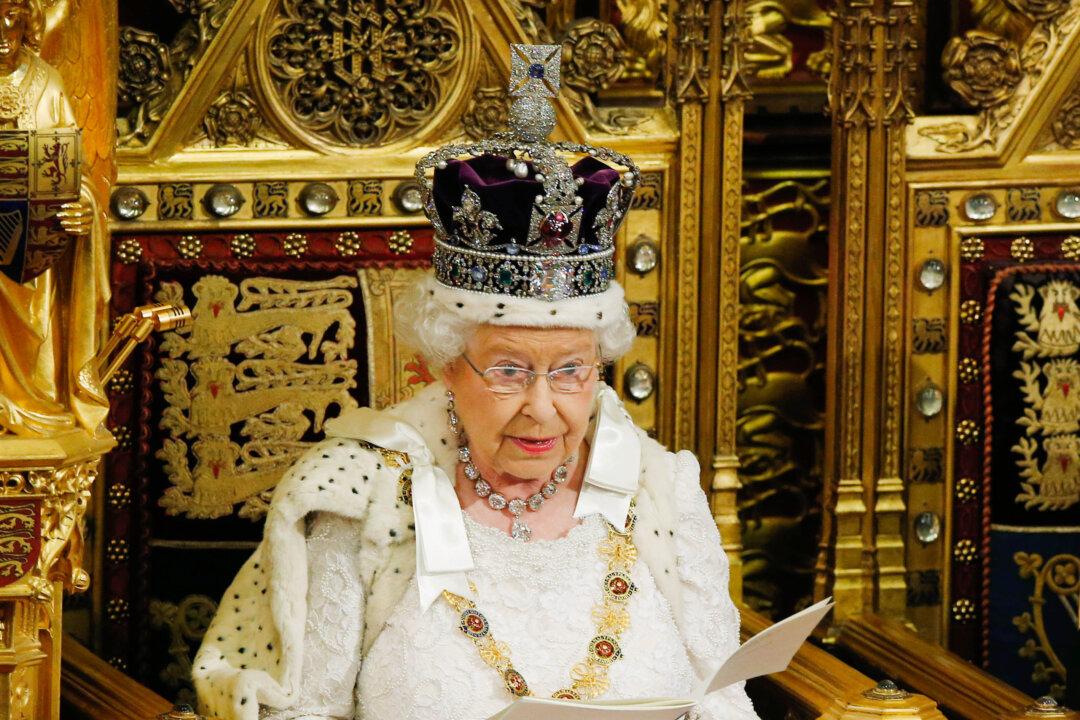Parliament has officially opened and the Queen’s speech has been delivered. The speech – written by prime minister David Cameron – outlined the new government’s ambitious policy agenda for the coming year. From the so-called “snoopers’ charter”, to city deals for a “northern powerhouse”, our experts are on hand to explain what it all means.
Income Tax
Prem Sikka, Professor of Accounting at University of Essex
The Queen’s speech included promises of legislation to ensure that people working 30 hours a week on the national minimum wage do not pay income tax. It also mentioned new laws to guarantee that there are no rises in income tax rates, value added tax (VAT) or national insurance for the next five years. A related government press release says that annual income tax personal allowance will increase from the current rate of £10,600 to £12,500 by 2020.
But all is not what it seems. The minimum wage rate from October 2015 is £6.70 per hour for adults. So anyone working a 37 hours a week would earn about £13,000 a year, and would still be liable to income tax.
The higher personal allowances may help the middle-classes, but will do nothing for 44% of adults whose income is already too low to pay any income tax. The poor pay VAT at 20%, the same rate as the very rich. The government statistics show that the poorest 10% of households now pay nearly 47% of their gross income in direct and indirect taxes, while the richest 10% pay 35% of their income in taxes. This imbalance is not addressed.
Devolution
Peter Lynch, Politics at the University of Stirling
So, this is what a Conservative Queen’s Speech looks like — 26 legislative proposals not watered down by the Liberal Democrats.
Some bills are in keeping with the coalition theme though, such as the various proposals for more devolution to Scotland, Wales and Northern Ireland. These were a consequence of cross-party discussions (and the independence referendum in Scotland’s case).
The Scotland bill already appeared in draft form in January as part of the government’s white paper on Scotland, which contained the proposals from the cross-party Smith Commission.
The government plans to pass legislation on these proposals in time for the 2016 Scottish elections — even though they currently seem incoherent. The plans will be subject to criticism and amendment in parliament along the way.
The bill contains plans to increase Scottish control of income tax and public spending, allocate a share of VAT and transfer some welfare powers. The tax powers are important as a measure of fiscal autonomy but also as a political tactic to support the Union through devolution and allow the Scottish Conservatives to present themselves as a low-tax party at the 2016 election.





